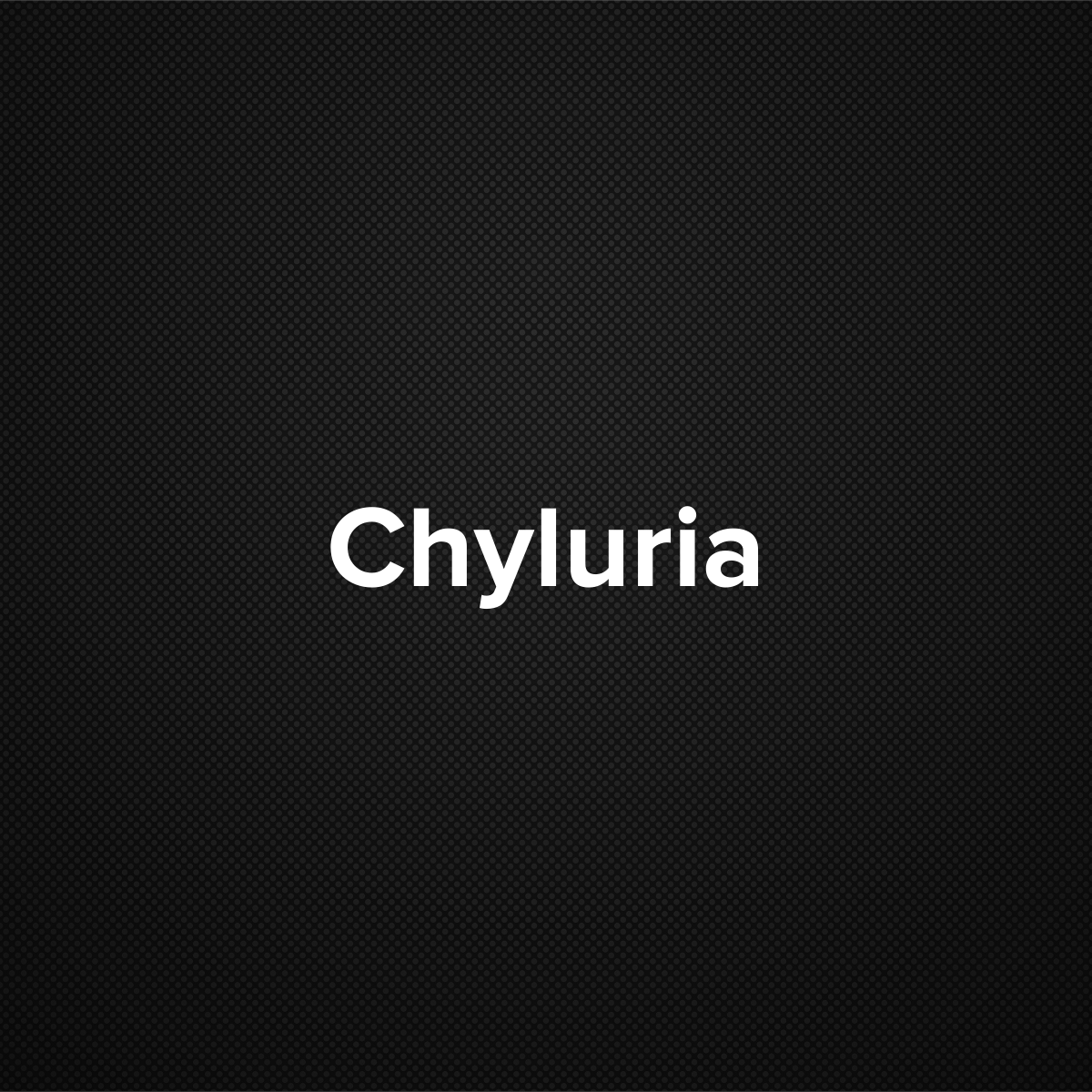Causes and risk factors
Chyle is a lymphatic fluid which contains emulsified fats [chylomicrons]. It is rich in proteins, dietary lipids, cholesterol, and triglycerides. Chyluria is associated with abnormal flow of lymph from intestinal lymphatics of the kidney, ureter, or bladder causing chylous material to be discharged into the urinary system. Obstruction of lymph flow and rupture of lymphatic vessels into the renal tubules can lead to chyle in the urine. Chyluria is classified into 2 groups based on the etiological factors – parasitic and nonparasitic. Parasites include Wuchereria bancrofti, malarial parasites. Filariasis is one of the important causes of chyluria. Nonparasitic causes include congenital, lymphangioma of urinary tract, urethral/vesical fistulae, obstruction of thoracic duct and lymphatics, and nephrotic syndrome. Other causes such as pregnancy and diabtes can also result in chyluria.
Clinical presentation
The most common presenting feature is passing of milky urine. Other symptoms include chylous clot, bloody urine, dysuria. Patient complains of urgency, increased frequency of urine. Urine retention may occur. Associated symptoms include fever with chills, weight loss, low back ache. Hydrocele may occur.
Investigation
Medical history by the patient and clinical examination by the doctor helps in diagnosis. CBC is done. Urine examination is done. Immunoelectrophoresis is recommended. Cystourethroscopy is advised. Retrograde pyelography , lymphangiography may be done. Immunological tests such as ELISA may be required for diagnosis where causative agent is filarial. USG, CT, MRI may be needed for further evaluation.
Treatment
Treatment consists of initially dietary modifications such as fat restricted diet. High protein diet is advised to compensate albumin loss in the form of chyle. Hematinics, green leafy vegetables, multivitamins are recommended. Anti-inflammatory, analgesics, antipyretics are useful in case of associated lymphadenitis. Anti-filarial drugs may be required. Cystosopic bladder wash may be required in case of recurrent attacks of UTIs. Sclerotherapy will also help in managing chyluria. Surgery is required in advanced cases.
Other Modes of treatment
The other modes of treatment can also be effective in treating chyluria. Homoeopathy is a science which deals with individualization and considers a person in a holistic way. This science can be helpful in combating the symptoms. Similarly, the Ayurvedic system of medicine which uses herbal medicines and synthetic derivates is also found to be effective in treating chyluria.






























